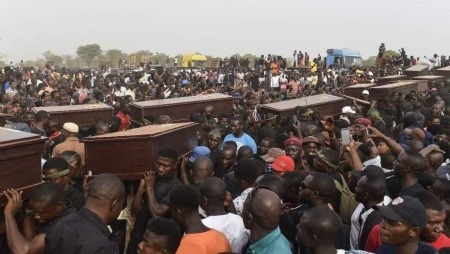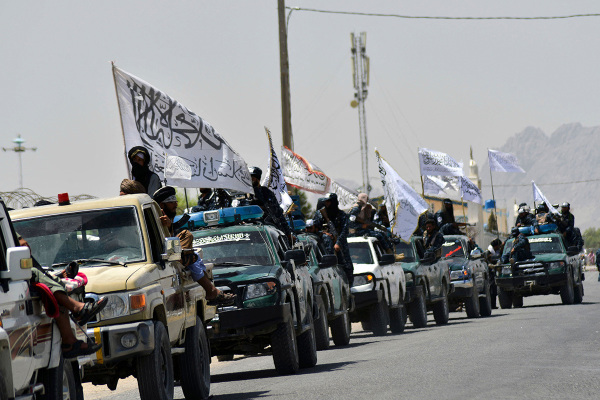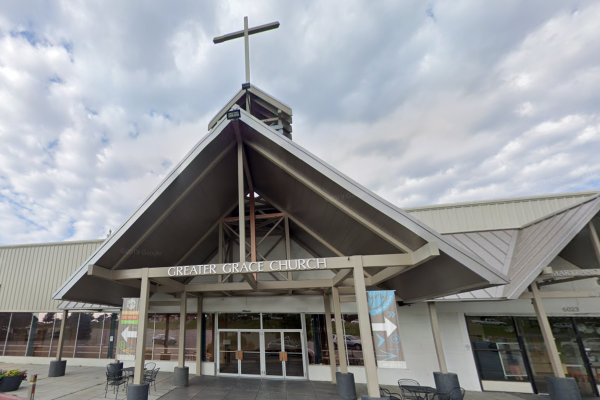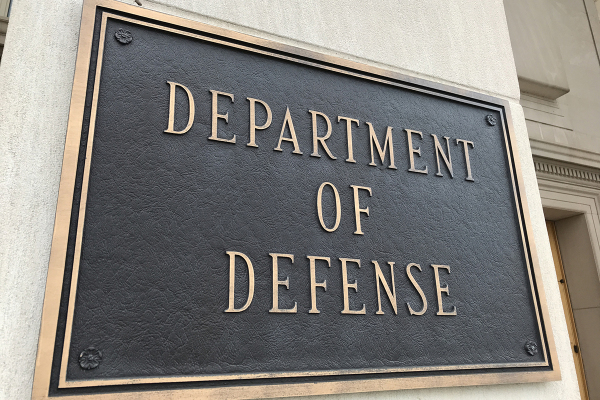Nigerian church torched by suspected Fulani; over 2 dozen killed in attacks

As many as 32 people were killed in attacks last week said to have been carried out in predominantly Christian areas of the Plateau state of Nigeria by radical Fulani militants who have been blamed for a series of deadly attacks in Plateau this month.
A Church of Christ in Nations church building, as well as a pastor’s home and dozens upon dozens of other structures, were destroyed as a result of attacks last week, sources told Morning Star News.
Former speaker of the Plateau state House of Assembly Titus Ayuba Alams told the nonprofit persecution news outlet that Islamic militants said to be Fulani herders were blamed for carrying out Jan. 27 attacks in Marish and Ruboi villages that took the lives of about 17 people and a Jan. 26 attack on Kwatas village that took the lives of 15.
However, the figures provided by the Plateau State Police Command differ from those offered by Alams. The Plateau State Police Command has confirmed the death of only 26 people in recent attacks in Bokkos and Mangu Local Government Areas.
“In the attacks, 14 persons were killed in Kwatas, four at Sabon Barki, three at Marish and one at Changet in Bokkos, this makes it 22 persons killed in Bokkos,” Police spokesperson Ubah Ogaba told The Daily Post. “Also, four persons were killed at Marish in Mangu. This makes the total persons killed in the two areas 26.”
Fulani are a nomadic people group of about 20 million across West Africa who have for decades competed with farming communities — many of which in Nigeria are predominately Christian — for land use and rights.
In recent years, violence has escalated between the farming communities in Nigeria’s Middle Belt and Fulani. Fulani radicals have been accused of killing thousands over the years through overnight massacres on sleeping villages while youth in farming communities have been accused of carrying out reprisal attacks.
Even though area residents in Kwatas have blamed Fulani militants for the attacks last week, Police spokesperson Ubah Gabriel Ogaba could only confirm for Morning Star News that the attack was carried out by “unknown gunmen.”
While Ogaba said that 190 houses were set on fire, 123 were houses belonging to natives of the area and 67 houses were owned by Fulani herders.
Plateau Gov. Simon Lalong condemned the attacks and called for the arrest of Fulani and community leaders.
According to Ogaba, 11 people have been arrested in connection with the attacks. Among those arrested is a local Fulani.
Isa Bappa, the chairman of the Miyetti Allah Cattle Breeders Association of Nigeria, released a statement condemning youth in Kwatas for launching reprisal attacks on Fulani settlements.
“Both incidents are barbaric and condemnable,” Bappa was quoted as saying by The Premium Times. "We call on the security agencies in the state as a matter of urgency to ensure the arrest of the perpetrators of all the attacks.”
Bappa also decried the notion that Fulani militants are suspected of carrying out the attacks. He claims there was “no clear evidence that the attack was launched by them.”
"We urge the security agencies to always do its homework before any declaration," he said.
The attacks last week follow a series of attacks that occurred earlier in the month.
On Jan. 20, suspected herdsmen invaded Torok village in Riyom County and killed a 25-year-old COCIN member named Reuben Bulus. Two days before Bulus’ death, 13 COCIN members were killed in the Plateau village of Kulben in Mangu County.
On Jan. 1 in Riyom, COCIN member Ngam Stephen Dachung was said to have been killed by suspected herdsmen.
The United Kingdom-based nongovernmental organization Humanitarian Aid Relief Trust estimated in a report that at least 1,000 Christians in Nigeria were killed in 2019 by suspected Fulani herdsmen or Boko Haram militants. Further, the NGO also estimates that about 6,000 Christians have been killed since 2015, and as many as 12,000 displaced from their villages.
Human rights activists have long called on the Nigerian federal government to take greater action to halt the escalating violence taking place in Nigeria. Advocates for Christian farming communities have argued that the government has done very little to protect their communities from the rise of deadly violence.
In December, the U.S. State Department listed Nigeria for the first time on its “special watch list” for countries that engage in or tolerate severe violations of religious freedom because of the lack of effective government response to the increasing violence.
As the U.S. is hosting Nigerian government officials for the fifth U.S.-Nigeria Bi-National Commission meeting in Washington, D.C., this week, Secretary of State Mike Pompeo was urged to pressure Nigerian officials about why no protection is being provided for vulnerable communities.
Over 50 religious and human rights leaders signed onto a Jan. 24 letter sent to Pompeo asking him to put religious persecution on the agenda for the Bi-National Commission meetings on Monday and Tuesday this week.
The letter, a copy of which was obtained by The Christian Post, called for the U.S. to create a “special session” at the meeting this week allowing members of the International Religious Freedom Roundtable to have a dialogue with the Nigerian government.
“Despite your placement of Nigeria on the Watchlist of Persecuting Countries, the egregious killings of Christians continued to occur throughout the Christmas,” the letter states. “The execution of an abducted Christian Association of Nigeria (CAN) leader this week is just the latest from daily atrocities that have claimed over 100 lives since last month.”
Among the signatories to the letter are activists who participated in the State Department’s Ministerial on International Religious Freedom last July, including human rights lawyer and religious freedom activist Emmanuel Ogebe of the U.S. Nigeria Law Group.
The letter was also signed by human rights lawyer Anne Buwalda of the Jubilee Campaign.
In July, the Jubilee Campaign told the International Criminal Court in the Hague, Netherlands, that the “standard for genocide” has been reached as it relates to the massacres of Christian communities in Nigeria by Fulani militants and Boko Haram.
“The situation has altered considerably and the reality is quite different from 2016,” the Jubilee Campaign report adds. “Caution is warranted in prescribing guilt to any group but in view of the evidence aggregated, the situation can no longer be called clashes when a group of over 200 raid a Christian village and kill civilians in the early morning hours while they are sleeping. The ICC in their ongoing surveillance of Nigeria should update their information for the record.”
Nigeria ranks as the 12th worst country in the world when it comes to Christian persecution on Open Doors USA’s 2020 World Watch List.
Follow Samuel Smith on Twitter: @IamSamSmith
or Facebook: SamuelSmithCP






















